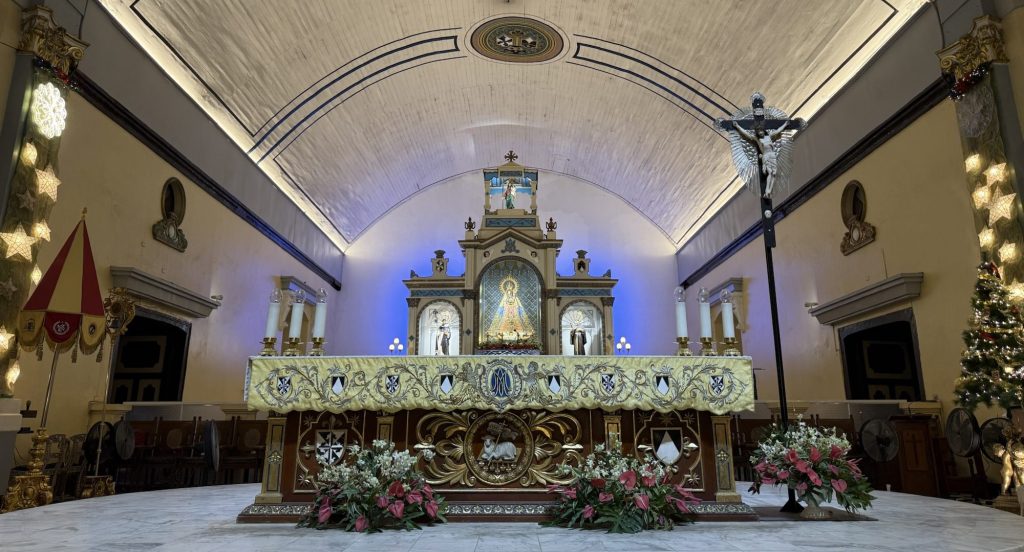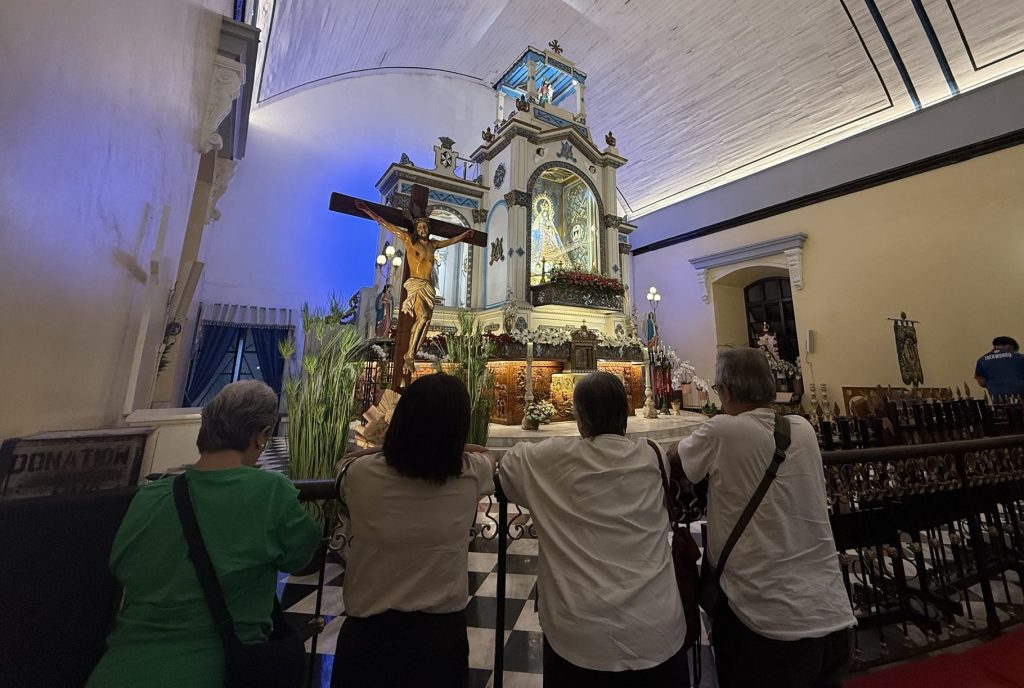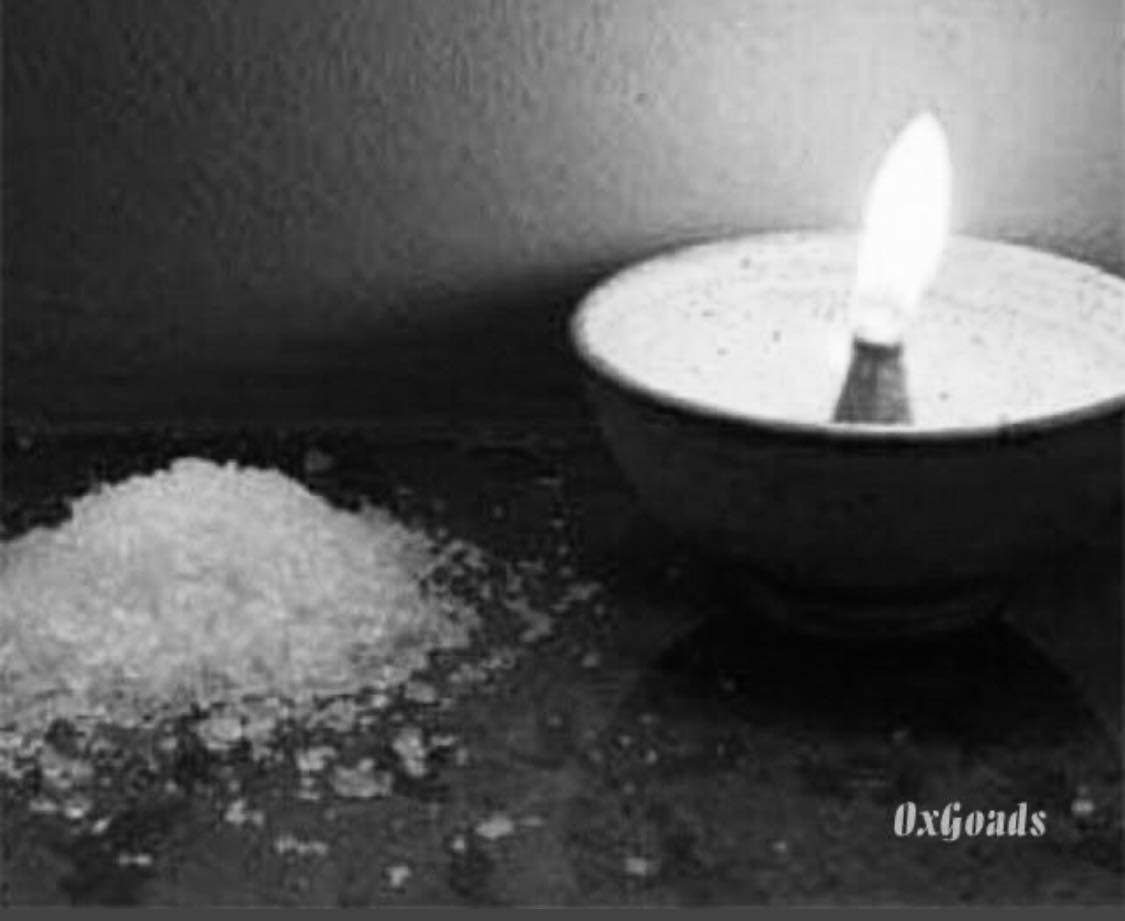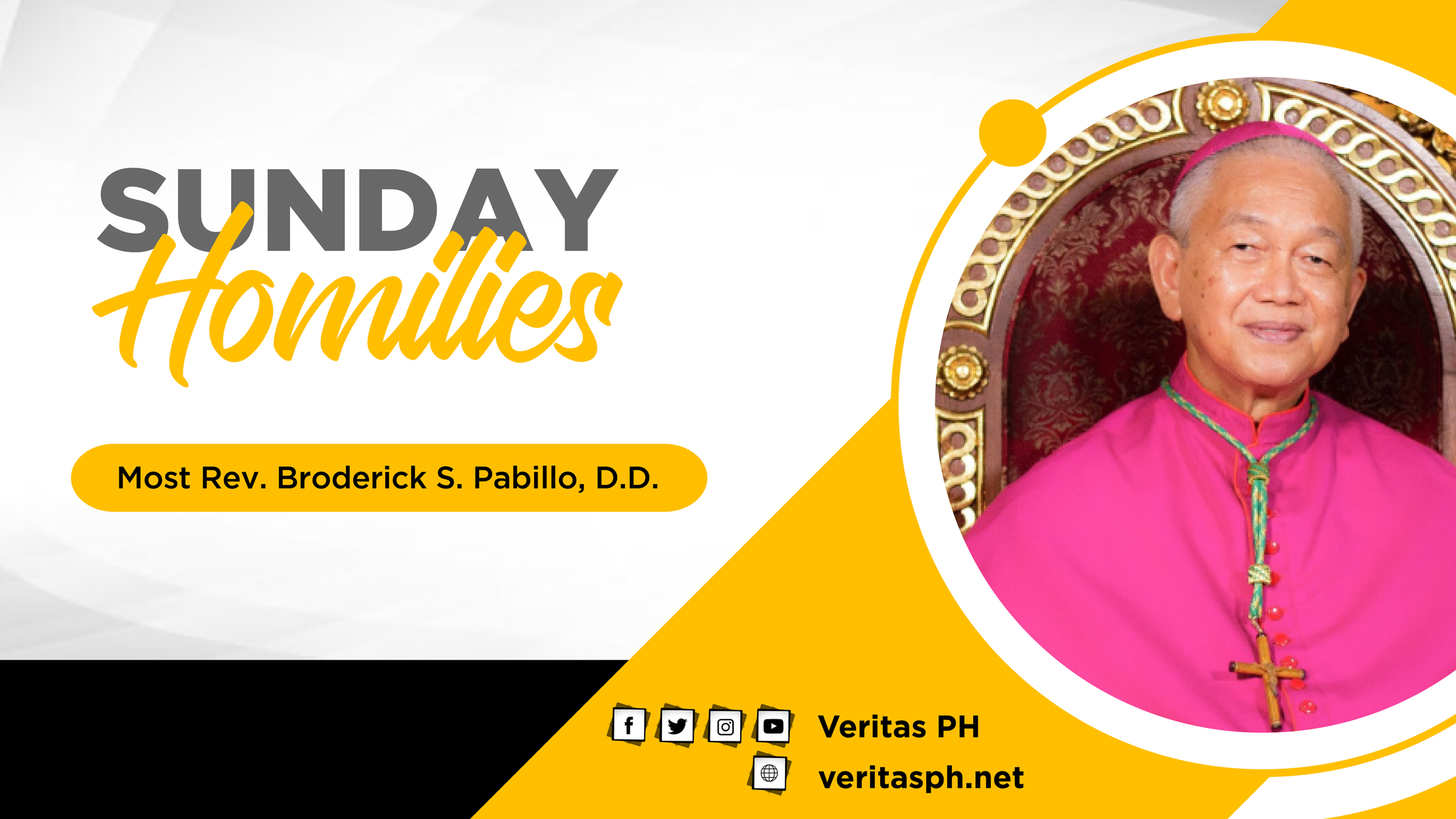
Epal no more
50,394 total views
Mga Kapanalig, may tatanggalin na sa gobyerno—ang mga epal!
Ito ay matapos maglabas ang Department of the Interior and Local Government (o DILG) ng anti-epal policy. Sa ilalim ng direktibang ito, bawal na ang paglalagay ng pangalan, larawan, simbolo, at kung anu-ano pang paandar o palatandaan ng mga pulitiko at opisyal sa mga proyekto at dokumento ng pamahalaan.
Alam na alam na natin ang ganitong galawan. May ginagawang bagong kalsada o tulay, may makikita kang mukhang nakangiti sa tarpaulin. Kadalasan, mas malaki pa ang mukha ng pulitiko kaysa sa pangalan ng mismong proyekto. Hindi mo na tuloy alam kung ano ang ipinagmamalaki ng mga opisyal na ito: ang proyektong ipinatayo o ang bago nilang anggulo mula sa photoshoot. Kapansin-pansin ding napakabilis ng mga pulitiko kapag ang usapan ay ang paglalagay ng kanilang pangalan at larawan, pero kapag ang usapan ay kung kailan matatapos ang proyekto, tahimik sila.
Hindi natin utang na loob sa mga pulitiko ang anumang serbisyong hatid ng gobyerno at ang mga proyektong ipinatutupad nito. Trabaho nila ito. Walang bonus points, walang “thank you” tarpaulin, at lalong walang “with love, mayor.” At huwag nating kalimutan: pera natin ang gamit sa mga ito. Kung may dapat pasalamatan at mailagay sa mga tarpaulin, mas tama pang sabihin na “salamat, taxpayers!”
Sa mga epal, ang dapat sana’y simpleng pagtupad sa tungkulin ay nagiging marketing strategy, isang paraan para magpasikat at magyabang. Ang dapat na serbisyo sa taumbayan, nagiging paglalako ng sarili sa publiko. Ang dapat na pananagutan sa bayan, nauuwi sa pagpapabango ng pangalan. Nawawala ang tunay na diwa ng panunungkulan at pananagutan. Hindi mahalagang malaman ang mga pulitikong epal. Mas mahalagang malaman kung sinu-sino ang dapat managot kapag may palpak na proyekto.
Sa tulong ng direktibang ito ng DILG, inaasahang lilinis na rin ang paligid. Sa mga basketball courts, wala nang apelyido ng nakaupong pulitiko. Sa mga poste ng ilaw, wala nang mga initials ng opisyal. Sa mga tarpaulin, wala na ang malaking mukha ng pulitiko. Sa mga ayuda, walang tatak ng logo o larawan ang mga sisidlan na para bang kampanya. Sa mga permits at papeles, wala nang pagkakakilanlan ng sinumang opisyal. Higit sa lahat, wala nang makikitang tarpaulin na nagsasabing mga proyekto iyon ni mayor o ni congressman. Una sa lahat, hindi galing sa bulsa nila ang ipinampagawa sa mga ito. Pera natin!
Kung tunay na maipatutupad, ang ginawang ito ng DILG ay umaayon sa itinuturo ng Simbahan na ang kapangyarihang taglay ng mga opisyal ng gobyerno ay dapat laging nakatuon sa kabutihang panlahat. Ibig sabihin, ang pagkakaroon ng posisyon at kapangyarihan ay hindi lisensya para magpasikat. Pananagutan itong dapat gamitin sa tama, makatarungan, at makataong layunin.
Paalala nga sa Mateo 20:26: “Kung nais ninyong maging dakila, dapat kayong maging lingkod sa iba.” Ang isang lingkod ay hindi naghahanap ng papuri. Hindi kailangang ianunsyo ang kanyang trabaho. Hindi siya humihingi ng palakpakan. Ginagawa lamang niya ang tama, kahit walang nakapaskil na pangalan o mukha niya. Hindi niya kailangan ang mga ito para patunayan ang sarili.
Pero hindi sapat na maglabas lamang ang gobyerno ng direktibang kontra epal. Kailangan itong ipatupad nang tuloy-tuloy, pantay-pantay, at walang pinipiling posisyon o apelyido. Dapat ding panagutin ang mga lalabag, dahil kung hindi, babalik din ang mga epal sa sandaling lumamig ang usapan.
Mga Kapanalig, kung ang mga nasa pamahalaan ay tunay na naglilingkod para sa kabutihang panlahat, hindi magiging mahirap na isantabi ang pagiging epal. Ang lider na tapat sa tungkulin ay hindi kailangang ipaalam sa mga pinaglilingkuran niya kung sino siya. Sapat nang makita at maramdaman ng taumbayan ang serbisyong kanyang inihahatid.
Sumainyo ang katotohanan.














